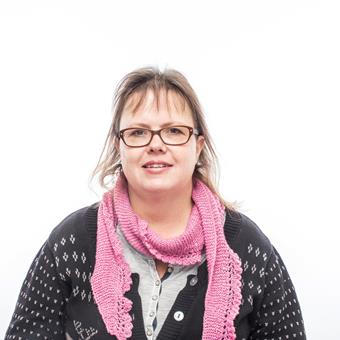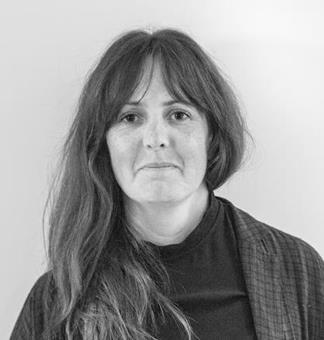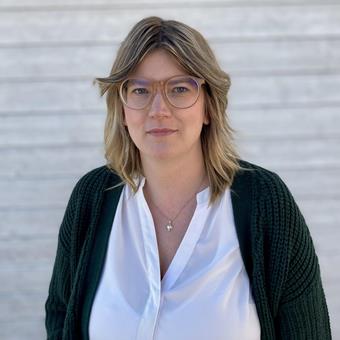The youth club is an institution that is considered to be able to promote young people’s sense of belonging. Structured leisure activities (e.g. youth clubs) have been shown to have positive effects in preventing exclusion (Nilsson Lundmark & Nilsson, 2022). The fact that society offers meaningful leisure activities, for example within the framework of youth clubs, is a way to prevent young people's exclusion and thus counteract social unrest among young people. Experiencing exclusion is a contributing factor to young people developing destructive behaviors, such as crime, substance abuse and violence. In addition to the fact that exclusion can have major consequences for the individual, it also has significant social and economic consequences for society (Nilsson Lundmark & Nilsson, 2022).
Access to structured activities important
However, the opportunity for structured activities is unevenly distributed between different groups of children and young people. In particular, young people in socio-economically vulnerable areas have lower access to structured activities and also experience a significantly lower degree of inclusion in society (MUCF, 2018). The preventive work of the youth club is particularly important for children and young people at risk, but the youth club’s activities also benefit more young people and can be an important place where young people from different backgrounds meet around common interests. The youth club can thus be seen as an important place for children and young people's well-being, influence and participation.
Close cooperation with youth clubs
The project is carried out in close cooperation with Norrköping municipality and the two youth clubs participating in the project, Frinavet and Blacka fritidsgård. In this work, the involvement of both staff and young people (we are targeting the 10-18 age group) is central. In this way, the different socio-economic prerequisites of the participating youth clubs can provide an opportunity to investigate different social practices.In the project, we want to contribute to generating knowledge through action research together with staff and young people at two youth clubs, both about a) the youth club as a social practice and b) develop the youth club’s activities to promote young people's belonging and participation.



